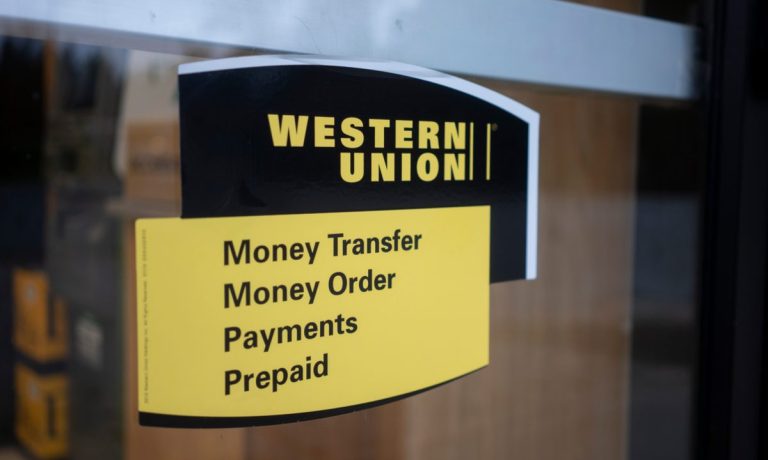Western Union CEO Sees Digital Driving Global Remittance Growth

Digital platforms are continuing to revolutionize the remittances market, and Western Union is taking notice.
The 172-year-old financial services company told investors during its fourth quarter earnings call Tuesday (Feb. 7) that it sees remittance volumes remaining resilient in 2023, and growing in line with a macro backdrop that it expects to be similar to last year’s.
“Remittance volume tends to track global GDP growth,” Western Union’s President and Chief Executive Officer Devin McGranahan said to investors, adding that global money flows would likely grow around 2% in the new year, per economic projections from the World Bank.
In order to capture this transaction flow growth, and reclaim what the money movement company sees as zero-sum market share stolen by competitors, Western Union is working to revitalize its core digital remittance services as well as build out a seamless, omnichannel digital experience for its global customer base.
The company told investors it is concentrating on pivoting from its historically transaction-focused business model, which primarily relied on maximizing value per transaction, toward a more account-based model that emphasizes lifetime customer value and drives sustainable business wins by providing customers with an integrated omnichannel experience that leverages Western Union’s native digital wallet.
An Ongoing Digital Transformation
As previously reported by PYMNTS, Western Union says that it is at a strategic inflection point, and the company is deploying a new strategy called “Evolve 2025” to help modernize its business model and bring its suite of product offerings fully into the 21st century.
Per the company’s CEO McGranahan, “developing and delivering products that drive financial inclusion and enable our customers to move up the ladder of financial well-being” is central to the Evolve 2025 strategy, which aims to establish Western Union as “the leading provider of branded accessible financial services to the aspiring populations of the world.”
In order to achieve this, the company plans to expand its financial ecosystem by introducing its digital banking and digital wallet services to a number of new geographies in 2023.
Western Union used the fourth quarter earnings call to underscore the impact its new partnership with 7-Eleven in Mexico will have on this strategy.
Per the details of the partnership, over 1,800 7-Eleven retail locations in Mexico, one of the largest in-bound remittance markets in the world, will now offer Western Union’s services and join its digital ecosystem.
The company is using its physical retail point-of-sale systems, designed to remove friction from the transaction process, to onboard new customers as well as to retain existing ones.
On the earnings call, McGranahan referred to this approach as a “retail-to-digital ecosystem elevator.”
Read more: Western Union Business Solutions Now Convera, Says is Largest Non-Bank Global B2B Payments Platform
The company separately indicated that it will be increasing its overall investment in digital customer acquisition strategies and go-to-market approaches as it works to “innovate and iterate every step” of the customer journey.
Western Union also took time on the call to note the extension of its pre-existing long-term and exclusive partnership with U.S.-based pharmacy and convenience chain Rite Aid for another five years.
Walmart Canada has also agreed to integrate Western Union’s money movement platform into Walmart.ca to offer its broad base of customers money transfers for 5% less than the nationally published consumer fee rate, as reported late last year by PYMNTs.
Walmart and Western Union also offer money transfer services in the U.S. and Mexico.
Already a global leader in cross-border, cross-currency money movement and payments, Western Union’s platform provides seamless cross-border flows and bridges more than 200 countries and territories and about 130 currencies.
In a December interview, Western Union General Manager and Senior Vice President for Europe CIS and Africa Massimiliano Alvisini told PYMNTS that the global money transfer giant had reinvented itself multiple times throughout its history and that omnichannel financial services are the next stage in its evolution.
After all, any money transfer service aiming for global coverage needs to be flexible enough to move money across diverse payment ecosystems and fragmented regulatory landscapes, while meeting the different needs of senders and receivers.